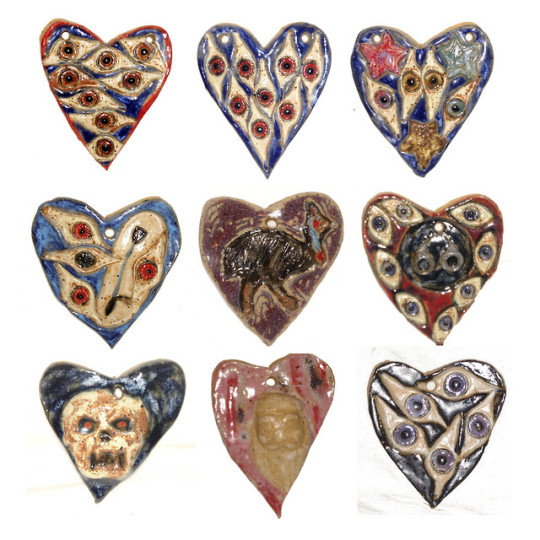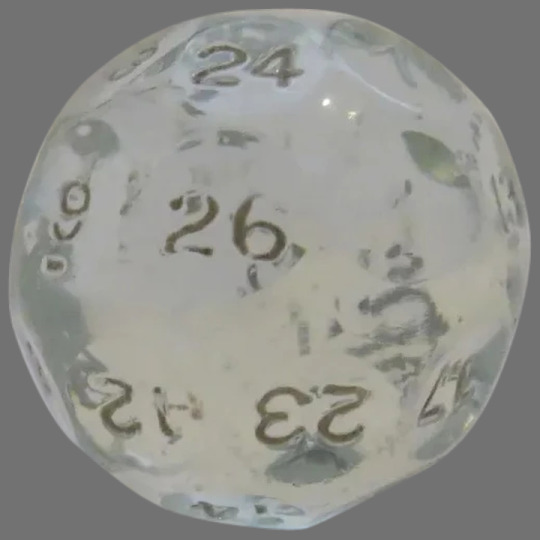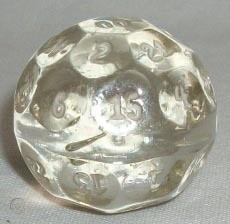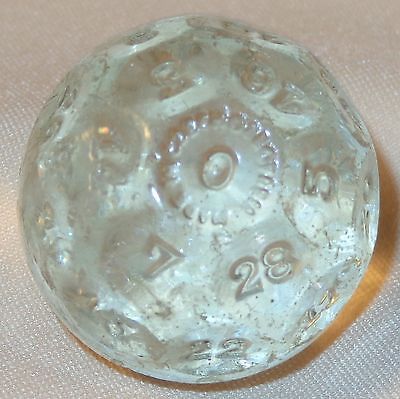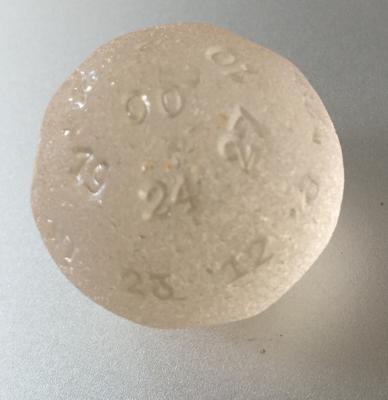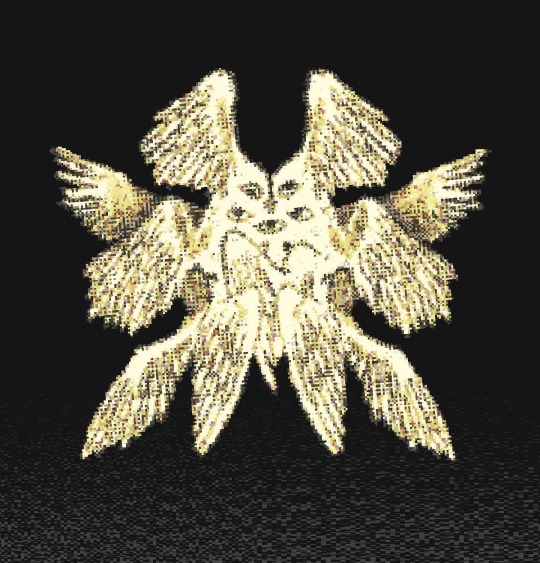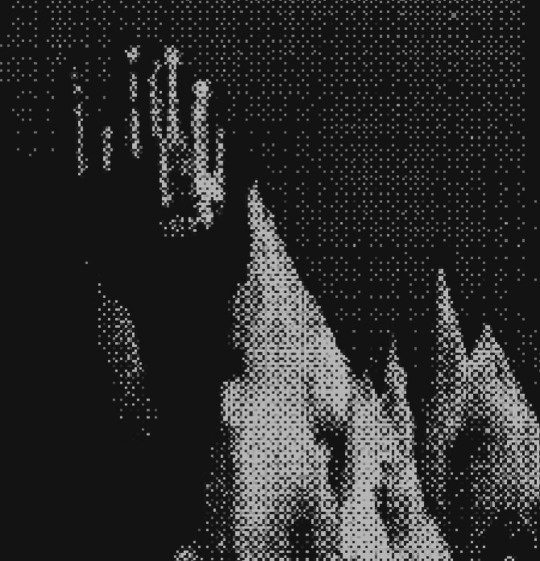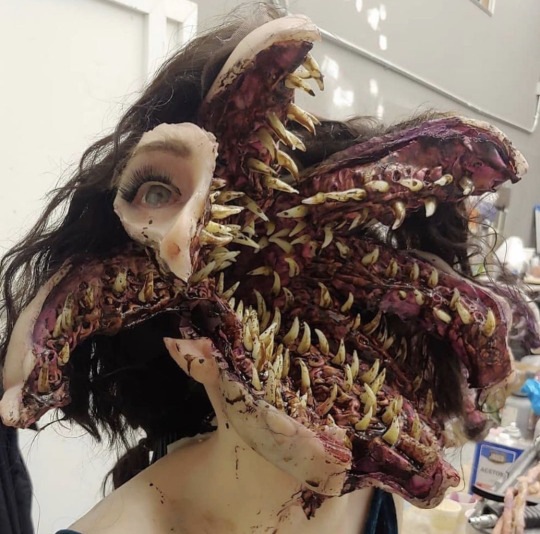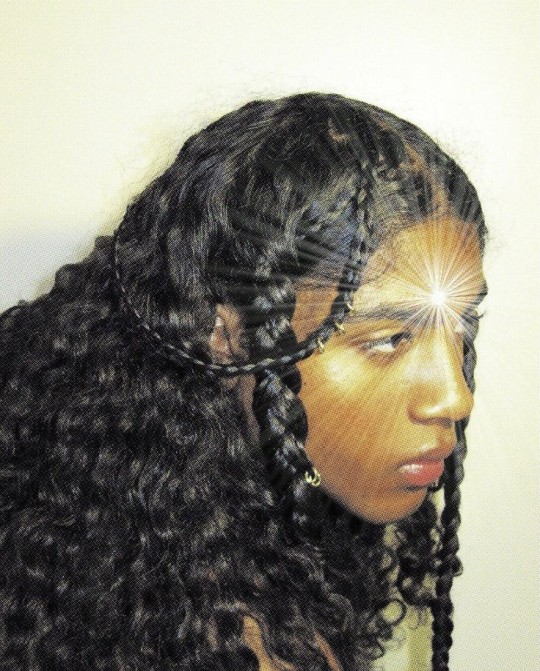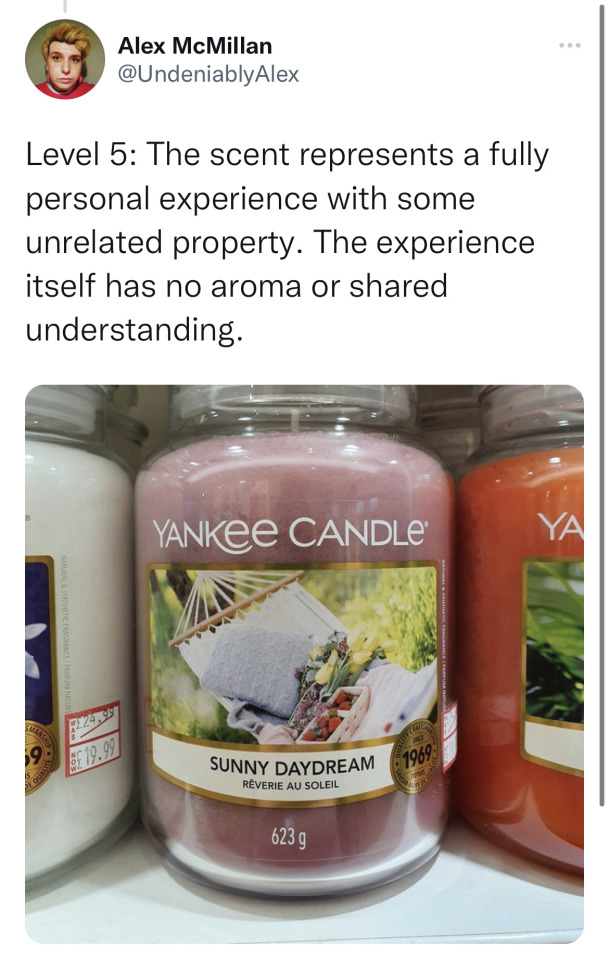Text

back to writing disco elysium fanfic again. ill hopefully be updating du vide tonight
11 notes
·
View notes
Text

candy store
1 note
·
View note
Text
fictional character discourse would be more fun if we all internalized the fact that characters are narrative tools, not people. once we have that basic fact down, we can start talking about what story the author is trying to tell using these characters, whether they’re successful, whether the story itself is successful and by what means we are measuring success—which are all really fun and interesting things to discuss! but we simply cannot get to that point unless we first accept that fictional characters simply do not have thoughts, feelings, opinions, or any agency on their own. a fictional character has more in common with the fictional chair theyre sitting on than with a real person
74K notes
·
View notes
Text

i am not versed in romance but i can pretend
1 note
·
View note
Text

dont leave the door open, ill know
4 notes
·
View notes
Text

unemotive
3 notes
·
View notes
Text

brain thoughts poetry and art
5 notes
·
View notes
Photo
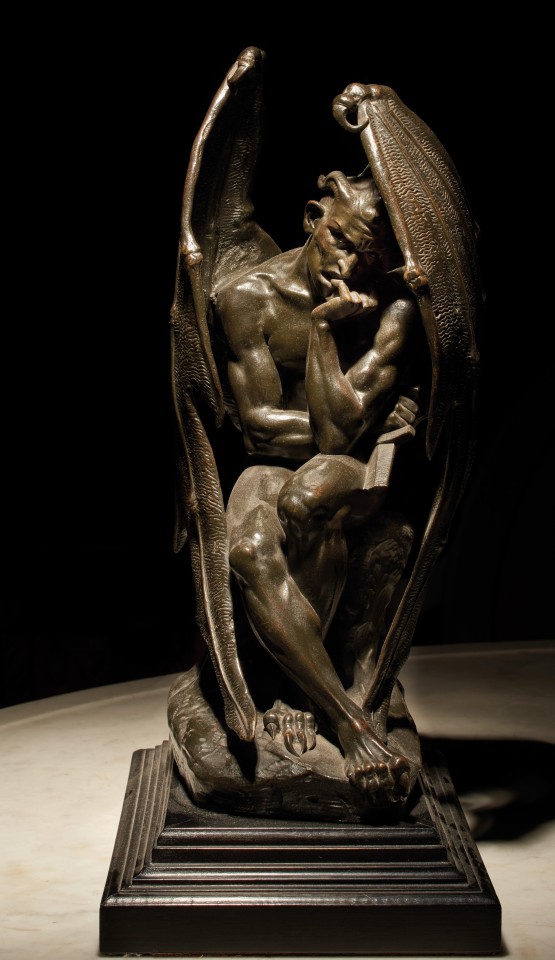

Jean-Jacques Feuchère (1807-1852), Satan - 1835
31K notes
·
View notes
Text
I do appreciate what Cathy Hay has been doing of late. Her last video made me really emotional.
She has been trying to recreate the Peacock dress, designed by Worth and worn by Mary Curzon in 1903. It's a 10 pound chiffon dress of woven silver and gold thread.
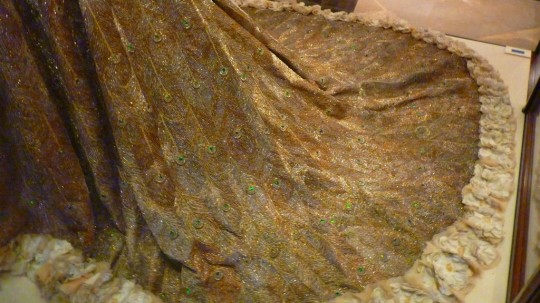
Frankly, the embroidery is far more beautiful than its design.
But she's found it difficult to recreate, to say the least. The embroidery was done in colonised India, when The British Empire controlled and took credit for everything. And let me tell you, some of these Indian ateliers had a lot of people working on a single piece, because the designs are so intricate and elaborate.
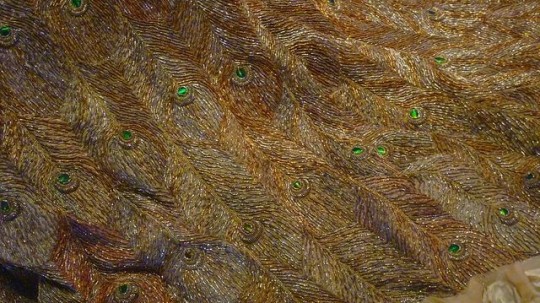
And so, recently she's been more outspoken of the fact that British colonisation really enables these wealthy western Europeans to wear gowns that almost look impossibly beautiful, but rightful credit was of course never given to the people who made it. Cathy started talking about this during the height of media coverage of the ongoing Black Lives Matter protest. She said she was reflecting on her position in the world and the lens through which she saw the Peacock dress.
So Cathy Hay has been researching it's history. And she eventually found out the name of the man who owned the work shop that made it. Kishan Shand from Delhi. It was a firm owned by Manick Chand. And more importantly, she found a sketch of the men that worked there, around the period the embroidery probably would have been done. It was most likely those very same men.
And I just felt this lump in my throat. I always wonder about the craftsmen behind so much of history's most beautiful art. They're never named because the one who commissions the work, the patron, is usually given all the undue credit. We still don't know the individual names, but we have a sketch of their faces.
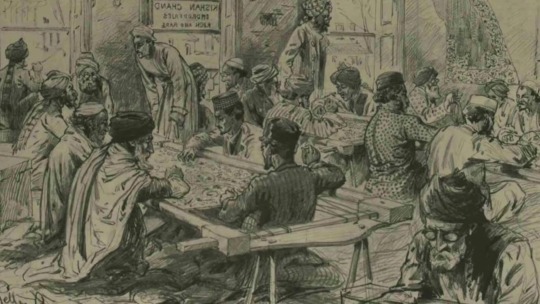
42K notes
·
View notes
